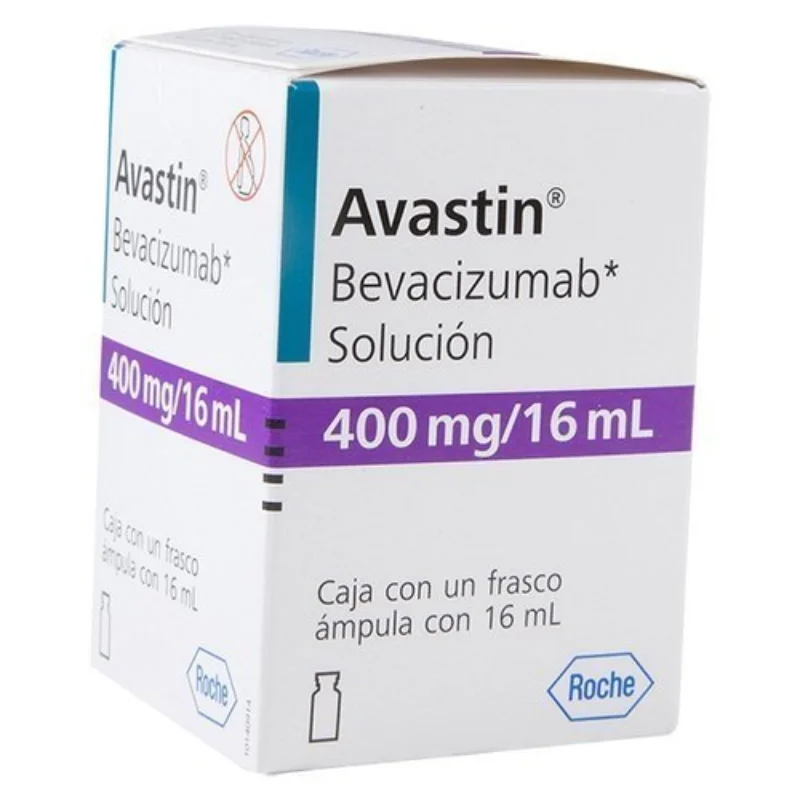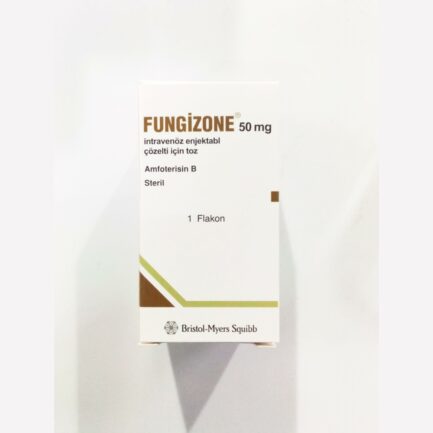How it works
Contrathion Injection 10 Amp works by blocking the effects of a certain specific chemical (acetylcholine) in the nervous system of the body.
Uses of Contrathion Injection 10 Amp
What is it prescribed for?
- Organophosphate PoisoningThis medicine acts as an antidote to relieve symptoms such as diarrhea, vomiting, difficulty breathing, muscle weakness, etc. associated with organophosphate (insecticides, pesticides, etc.) poisoning.
- Nerve agent PoisoningThis medicine acts as an antidote to relieve symptoms such as muscle weakness, difficulty breathing, diarrhea, vomiting, etc. associated with nerve agent or nerve gas poisoning.
- Anticholinesterase overdoseThis medicine is used to treat the adverse effects caused by an anticholinesterase overdose.
Concerns
Frequently asked questions
-
Onset of action
The effect of this medicine can be observed within 5-20 minutes of administration of the dose.
-
Duration of Effect
The amount of time for which this medicine remains active in the body is not clinically established.
-
Safe with Alchohol?
Interaction with alcohol is unknown. It is advisable to consult your doctor before consumption.
-
Is it habit forming?
No habit-forming tendencies were reported.
-
Usage in pregnancy?
This medicine is not recommended for use in pregnant women unless absolutely necessary and the potential benefits outweigh the risks.
-
Usage while breast-feeding?
This medicine is not recommended for use in breastfeeding women unless absolutely necessary and the potential benefits outweigh the risks.
When not to use?
-
Allergy
This medicine is not recommended for use in patients with a known allergy to Contrathion Injection 10 Amp or any other inactive ingredients present along with it.
Warnings
-
Pregnancy
This medicine is not recommended for use in pregnant women unless absolutely necessary and the potential benefits outweigh the risks.
-
Breast-feeding
This medicine is not recommended for use in breastfeeding women unless absolutely necessary and the potential benefits outweigh the risks.
-
Kidney Disease
This medicine should be used with caution in patients with pre-existing kidney diseases due to the increased risk of severe adverse effects. Close monitoring of kidney function, appropriate dose adjustments, or replacement with a suitable alternative may be necessary based on the clinical condition.
-
Poisoning with agents not having anticholinesterase activity
This medicine is not effective in the treatment of poisoning caused by agents with no anticholinesterase activity.
-
Pesticides of carbamate class
This medicine is not recommended for use in patients with intoxication by pesticides of the carbamate class since it may worsen the patient’s condition.
Dosage
-
Missed Dose
Since this medicine is administered by a qualified healthcare professional in the clinical or hospital setting, the likelihood of a missed dose is very low.
-
Overdose
Since this medicine is administered in the hospital or clinical setting by a qualified healthcare professional, the likelihood of an overdose is very low. However, emergency medical treatment will be initiated by the doctor if an overdose is suspected.
Interactions
Interaction with Medicines
- Atropine
General Instructions
This medicine should be administered only by a qualified healthcare professional. Inform the doctor if the patient has a known history of allergy to this medicine. Report to the doctor all the patient’s current medicines as well as medical conditions.








Reviews
Clear filtersThere are no reviews yet.